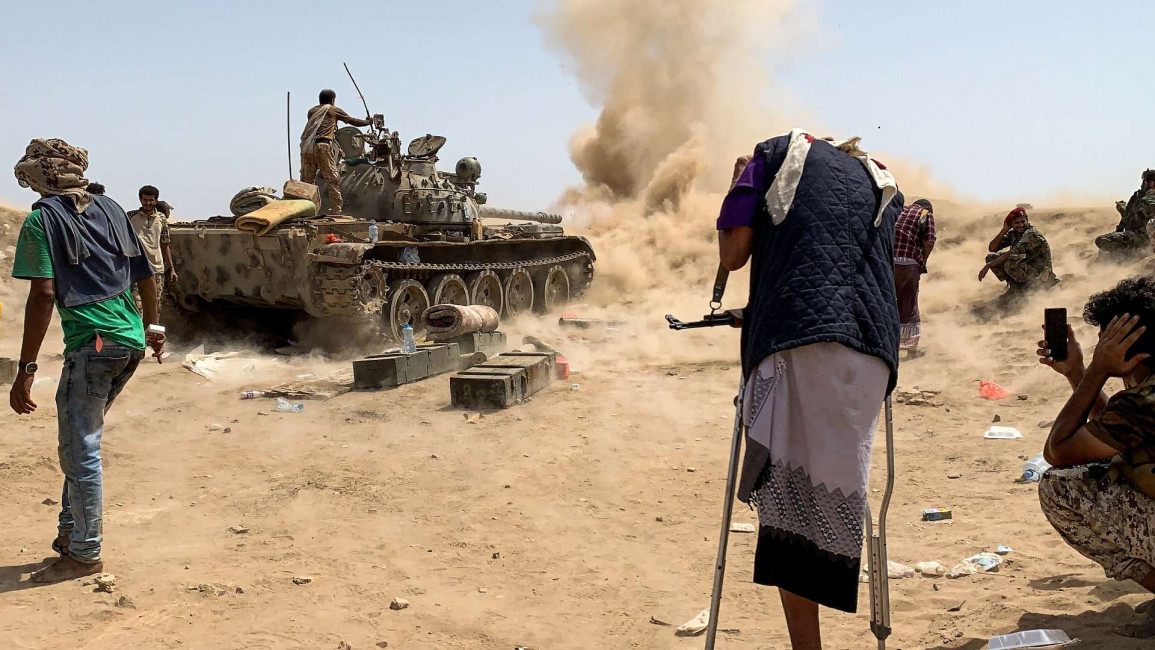Saudi Arabia proposes initiative to end deadlock between Yemen government and separatists
The news comes amid bloodshed in northern Yemen, where the coalition are fighting the Iran-linked Houthi rebels.
The conflict within this alliance has seen Yemen's Saudi-backed government pitted against the UAE-backed separatist movement, the Southern Transitional Council (STC) in the country's south.
These tensions have periodically resulted in fighting between allied militias of the two sides in the de-facto capital Aden.
The divisions have hindered UN efforts to mediate a ceasefire and protect Yemen's devastated healthcare system from the Covid-19 pandemic.
The STC declared self-rule in Aden on 26 April, ending cooperation with the Yemeni government despite the risk the split could renew conflict with Houthi rebels in the north.
Three sources, including one from the government and another from the STC, told Reuters that Riyadh had proposed re-implementing a power-sharing agreement agreed in November but which stalled due to infighting.
Twitter Post
|
The Saudi-backed President, Abd Rabbo Mansour Hadi, would then appoint a governor and head of security for Aden, and select a prime minister who would be tasked with forming a cabinet that would include the STC.
The proposal stipulates that the STC would subsequently withdraw its fighters from Aden and transfer them to Abyan, allowing the new government to be formed.
In contrast, the STC wants the cabinet established before it redeploys its forces, sources said.
Mistrust between the two sides runs deep and risks derailing Saudi Arabia's efforts. Meanwhile, Riyadh seems to be urgently seeking to withdraw from the conflict before it hosts a G20 summit in November.
Meanwhile, the STC and the government signed a truce on Wednesday to end fighting on the island of Socotra.
Elisabeth Kendall, Senior Research Fellow in Arabic and Islamic Studies at Oxford University, commented on Twitter that the truce "reads like Saudi-coalition asserting control, but between the lines it points to gradual acceptance of UAE/STC presence."
"It is unlikely to bring peace," she added.
Hadi’s government was ousted from the capital Sanaa in 2014, leading Saudi Arabia and its coalition to intervene.
However the coalition's bombing campaigns on civilian areas in northern Yemen have been likened to war crimes, while its de facto naval blockade has exacerbated what is now the world’s largest humanitarian crisis.
Follow us on Facebook, Twitter and Instagram to stay connected


![President Pezeshkian has denounced Israel's attacks on Lebanon [Getty]](/sites/default/files/styles/image_684x385/public/2173482924.jpeg?h=a5f2f23a&itok=q3evVtko)



 Follow the Middle East's top stories in English at The New Arab on Google News
Follow the Middle East's top stories in English at The New Arab on Google News


